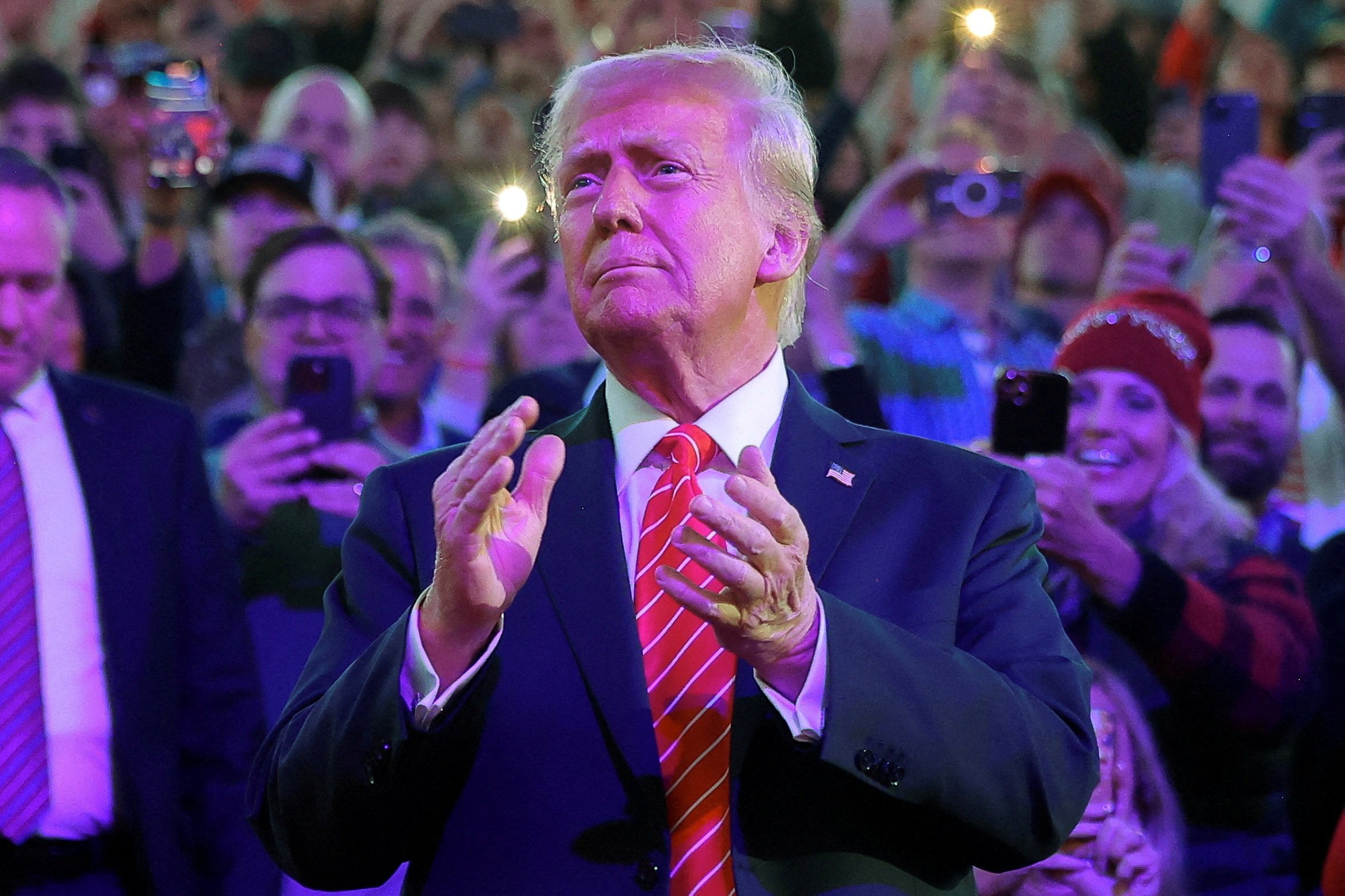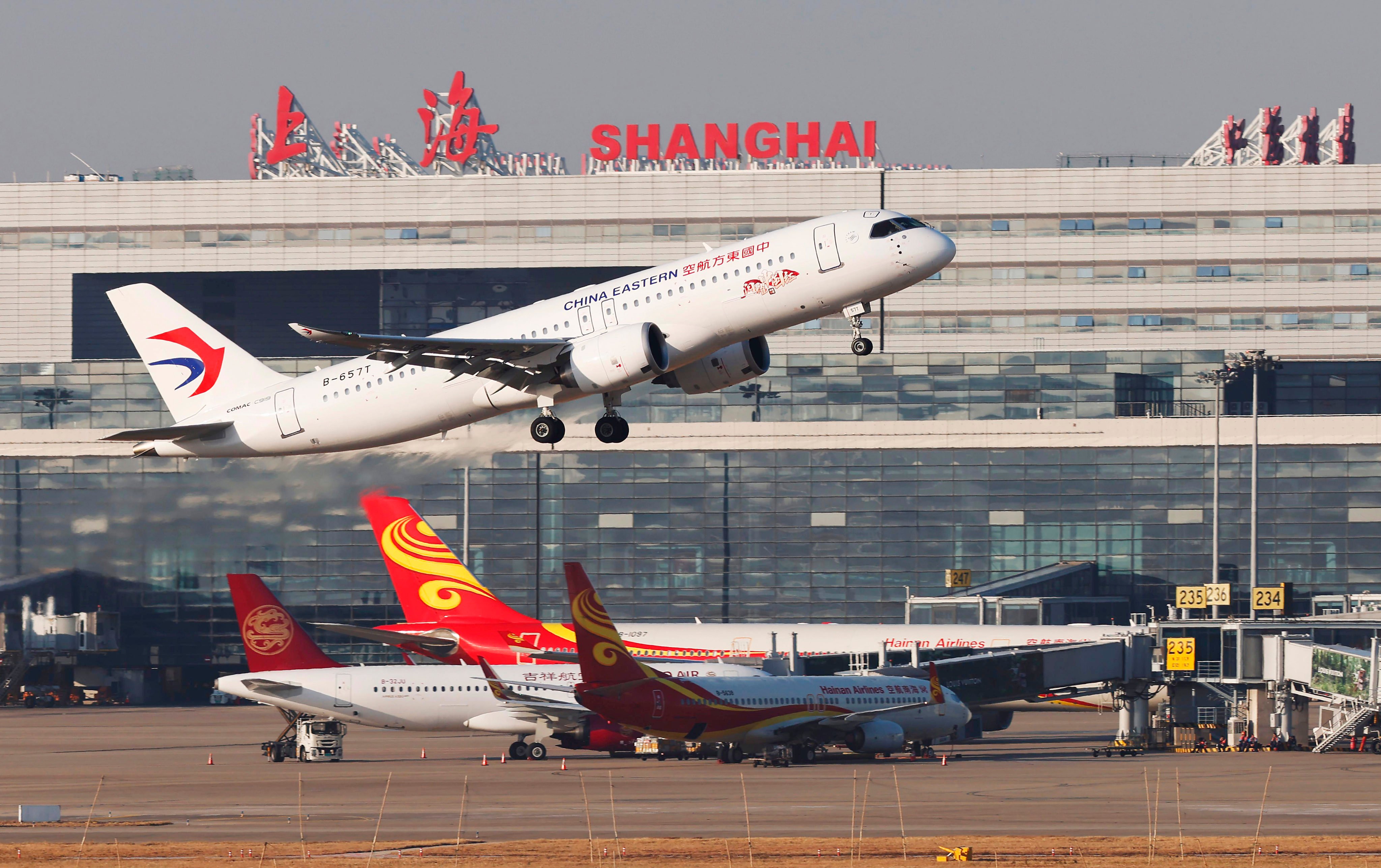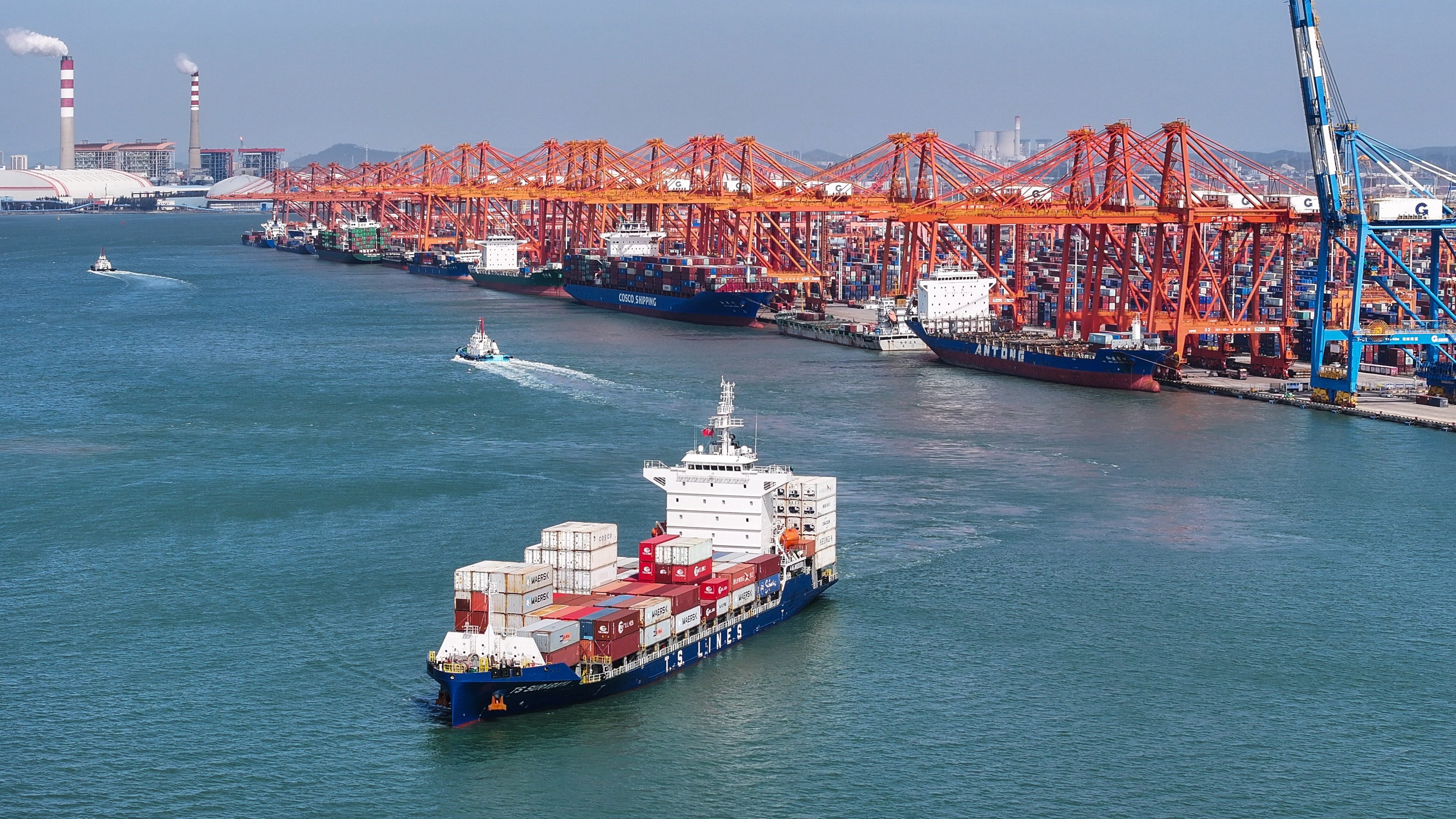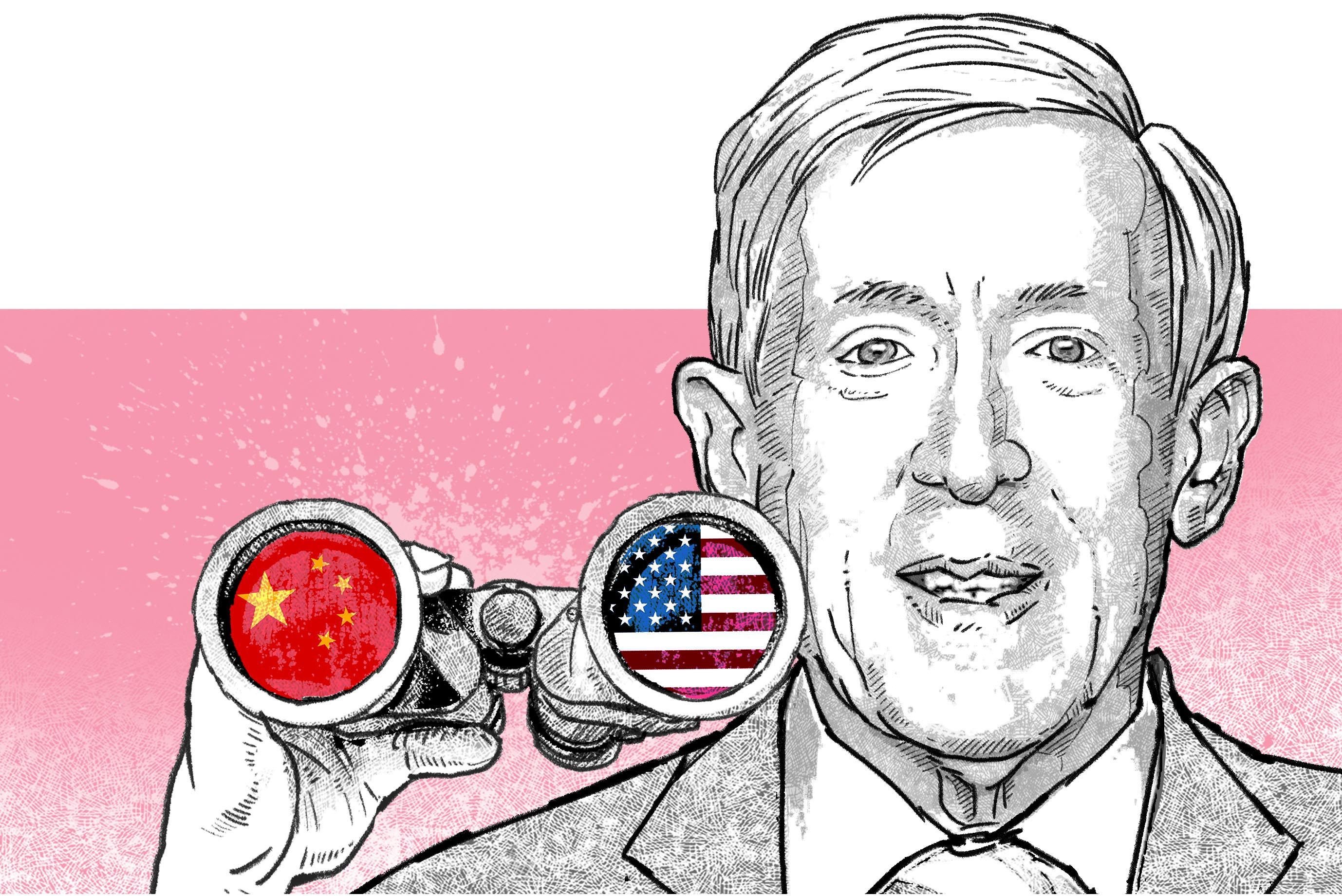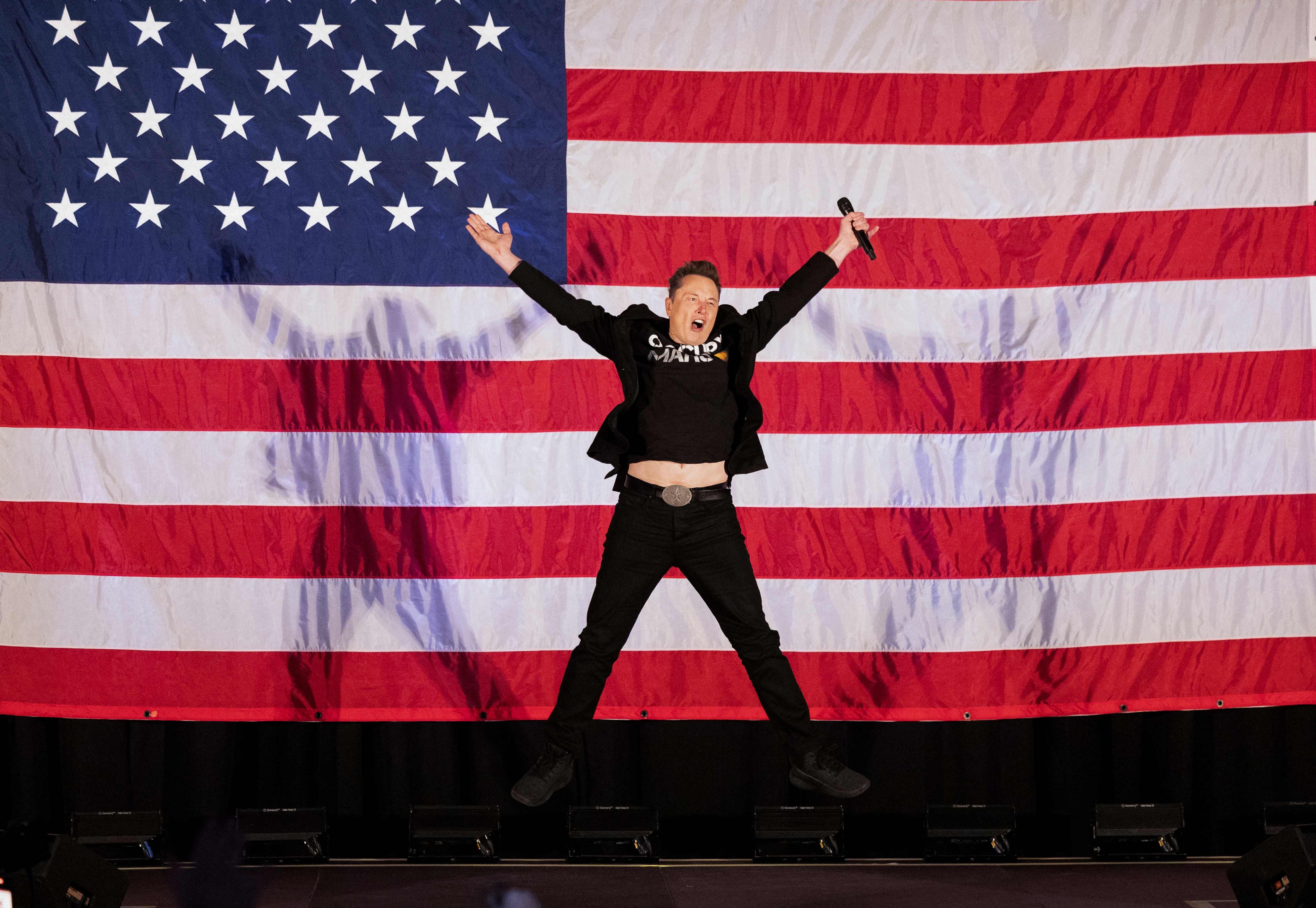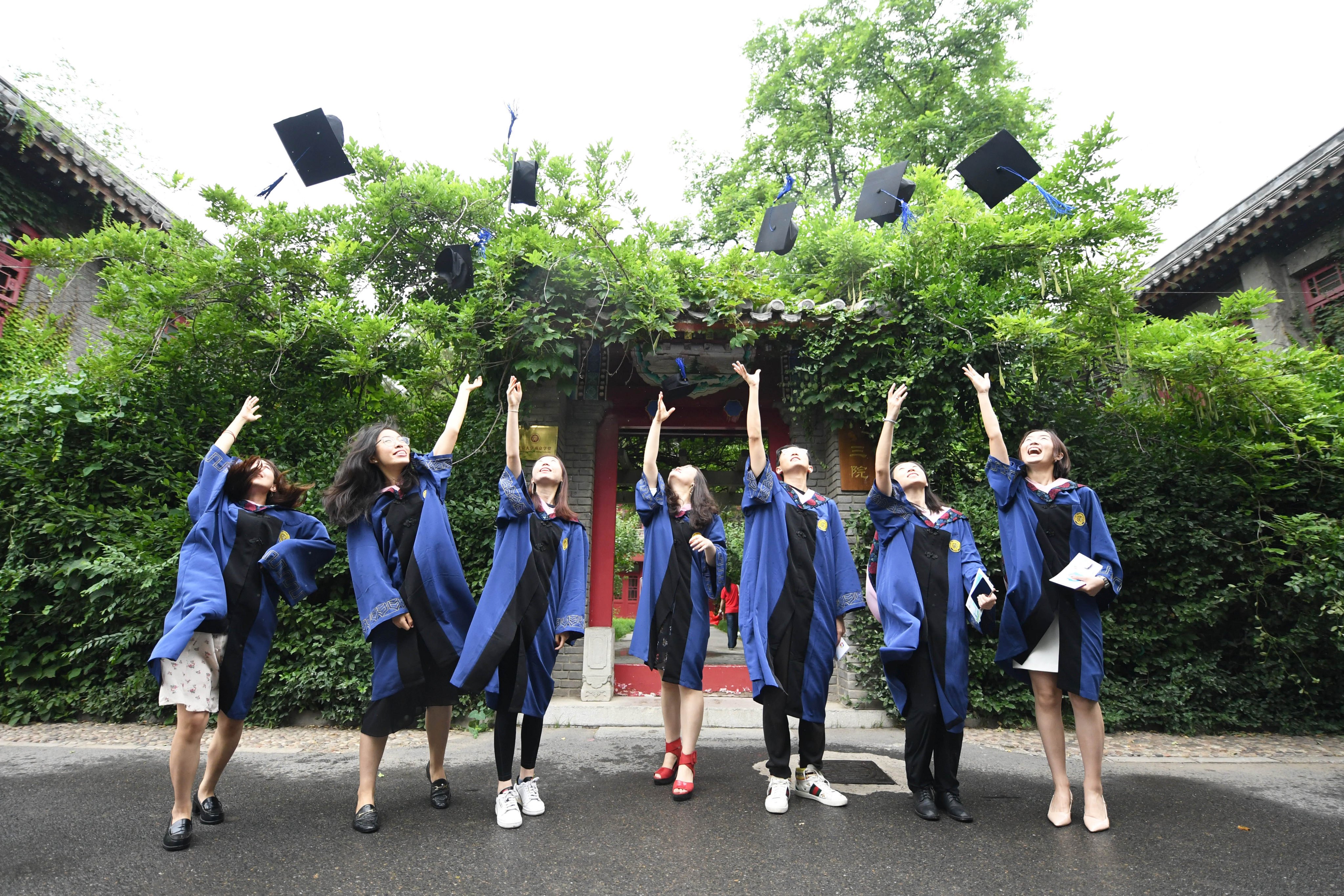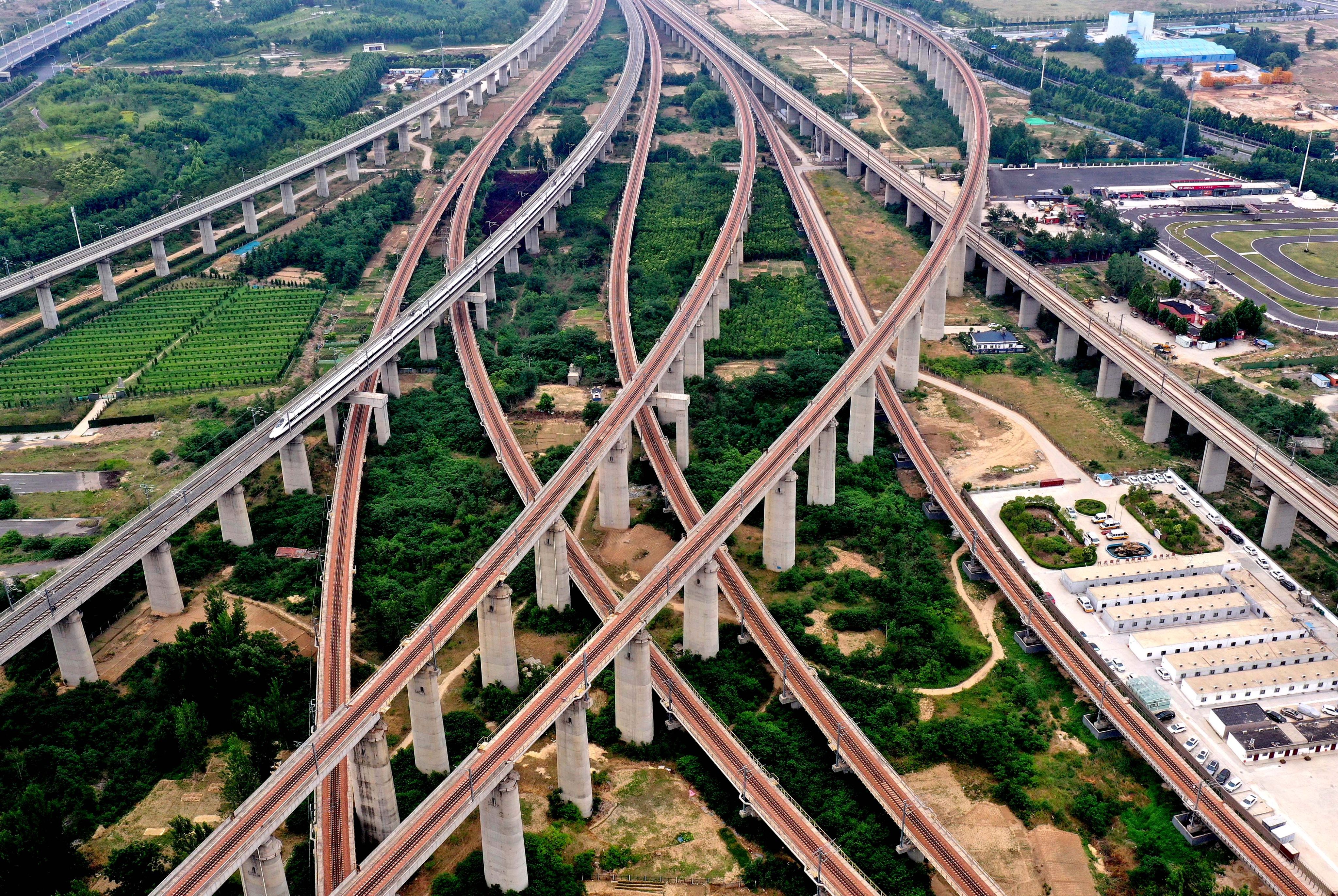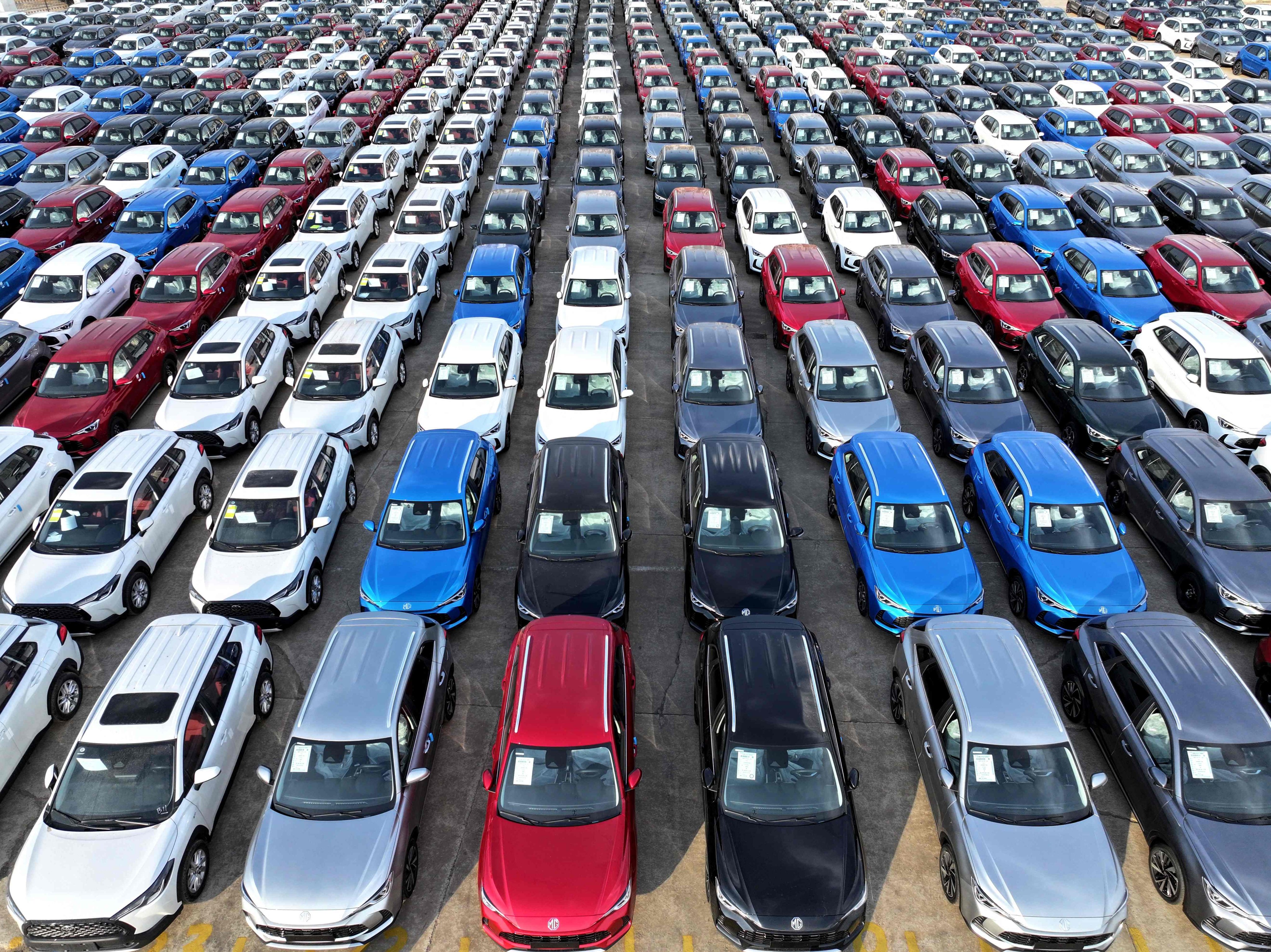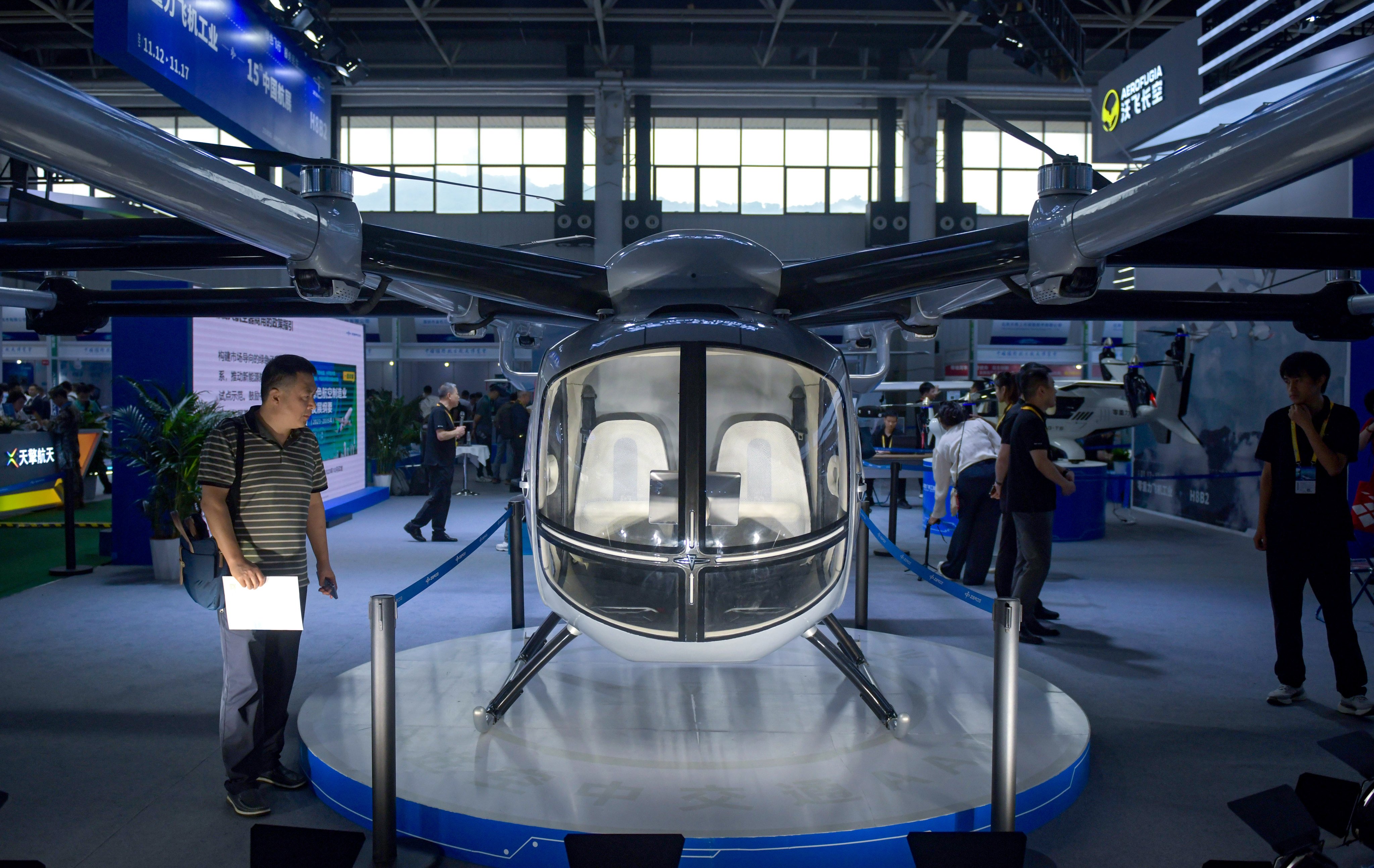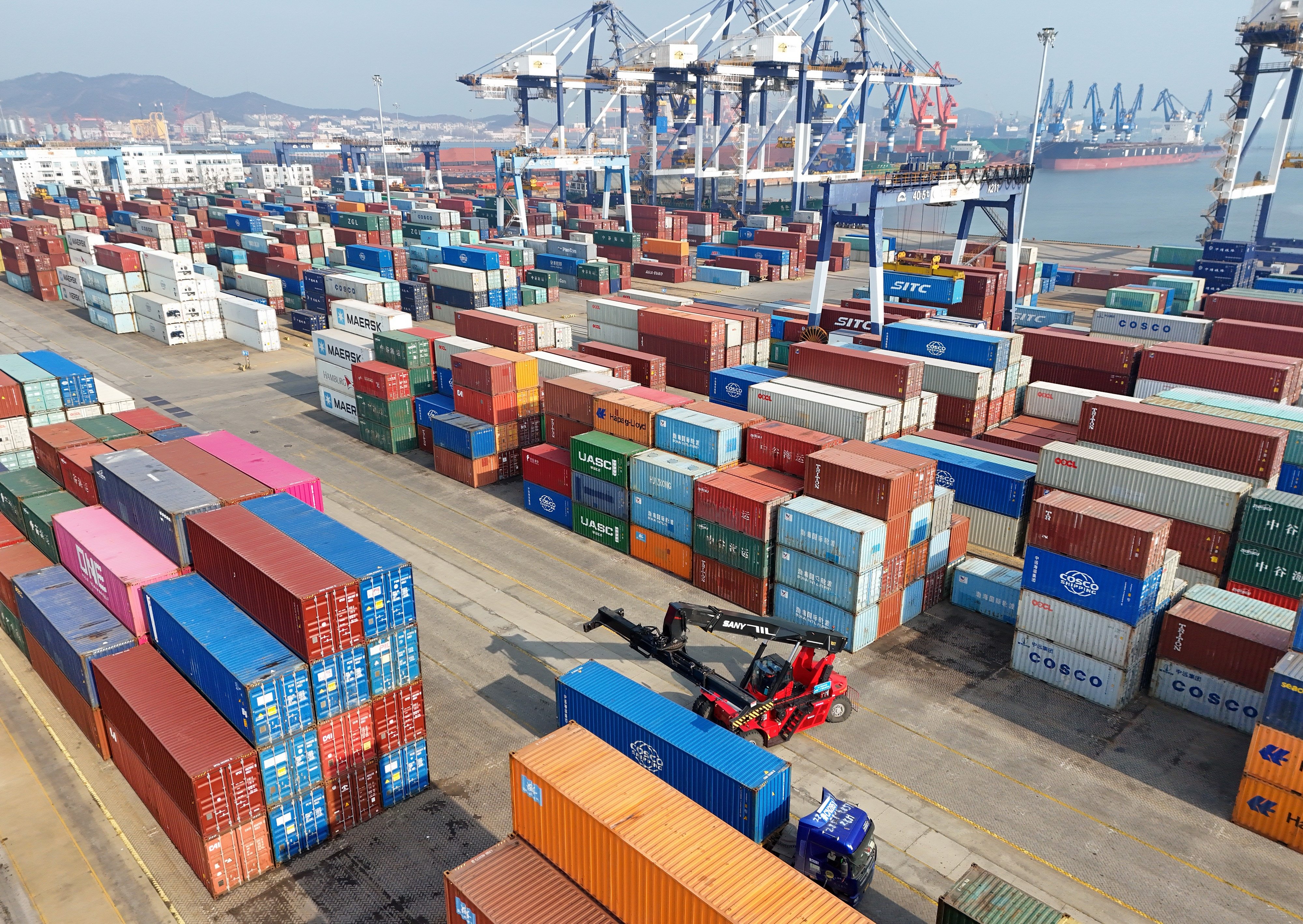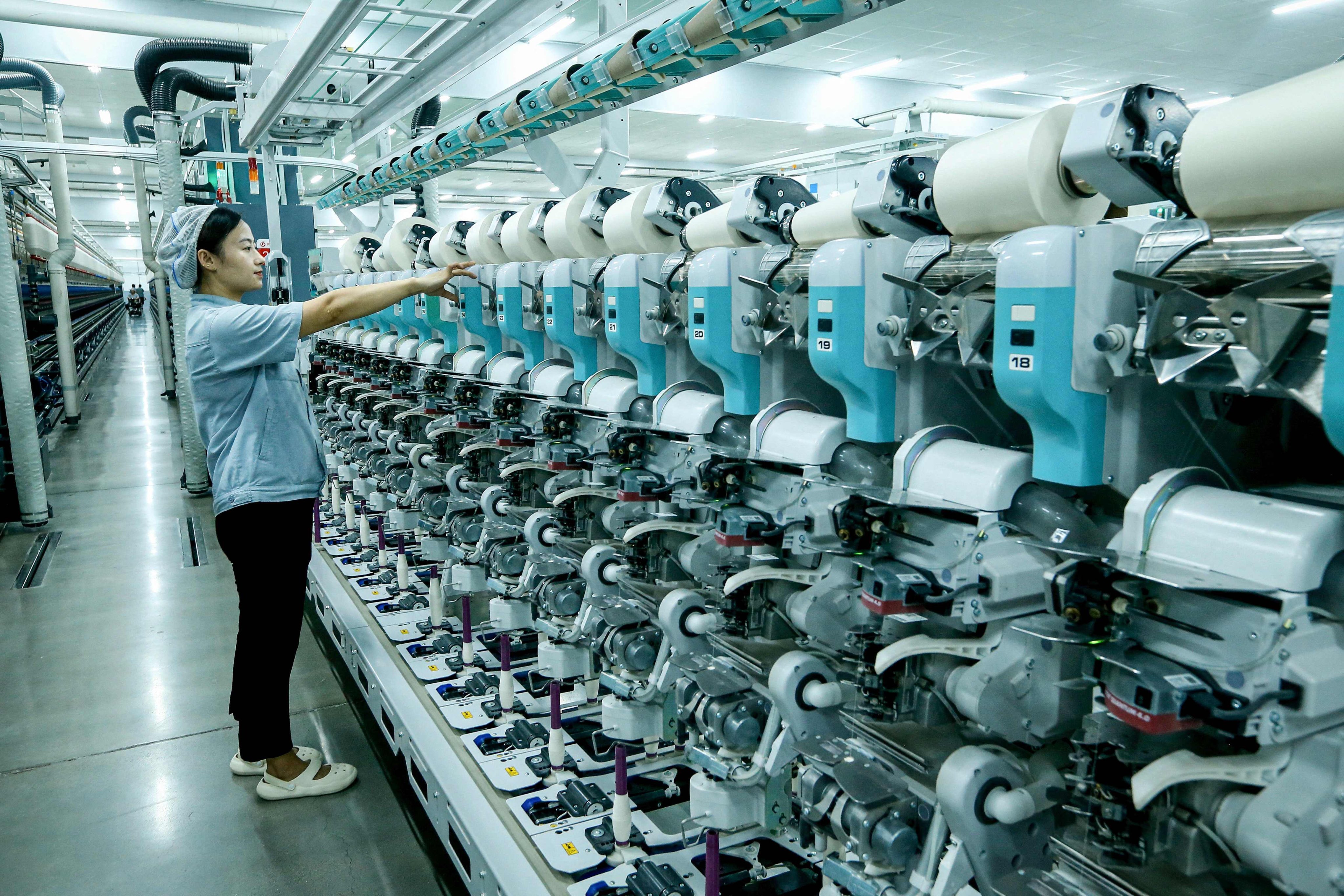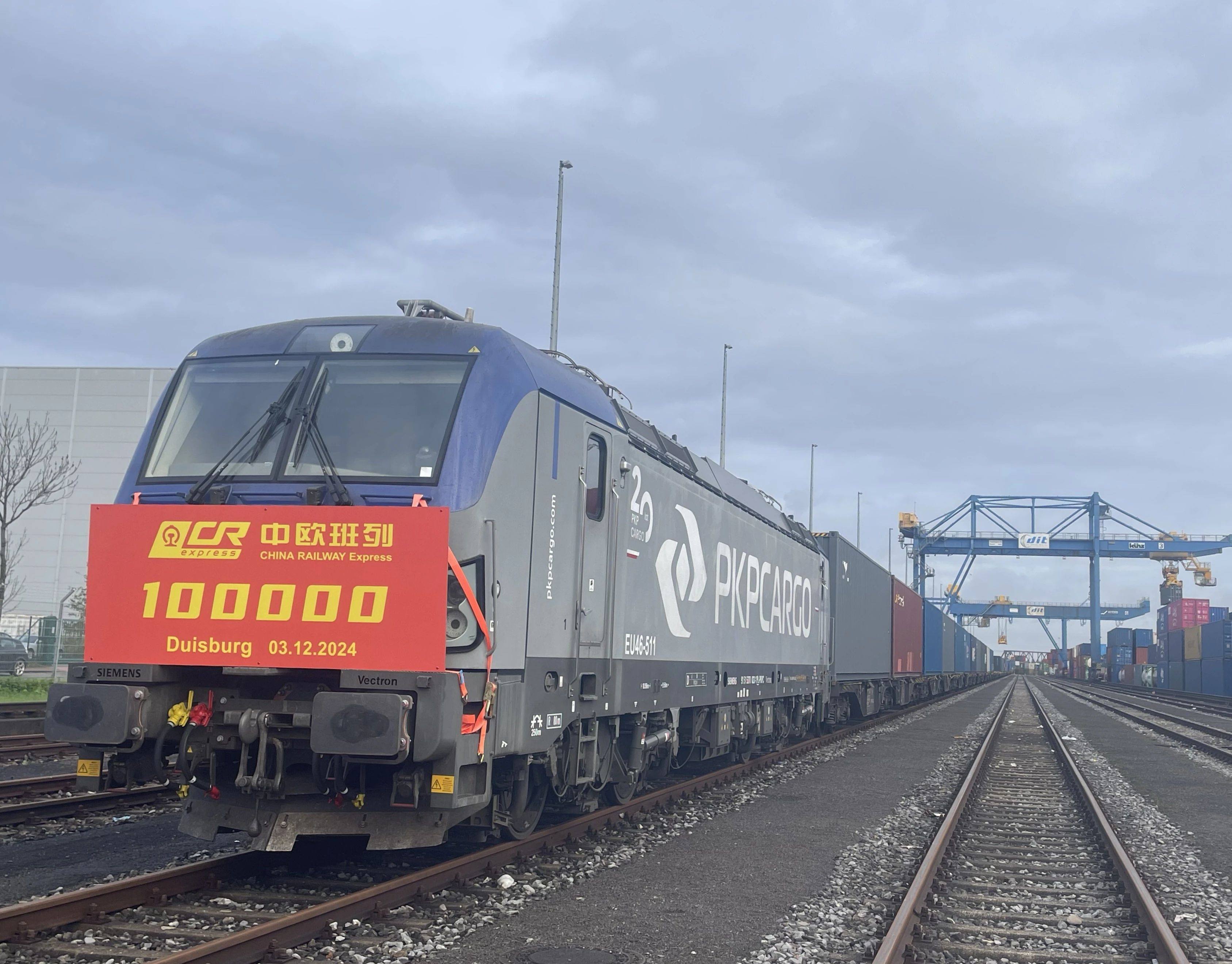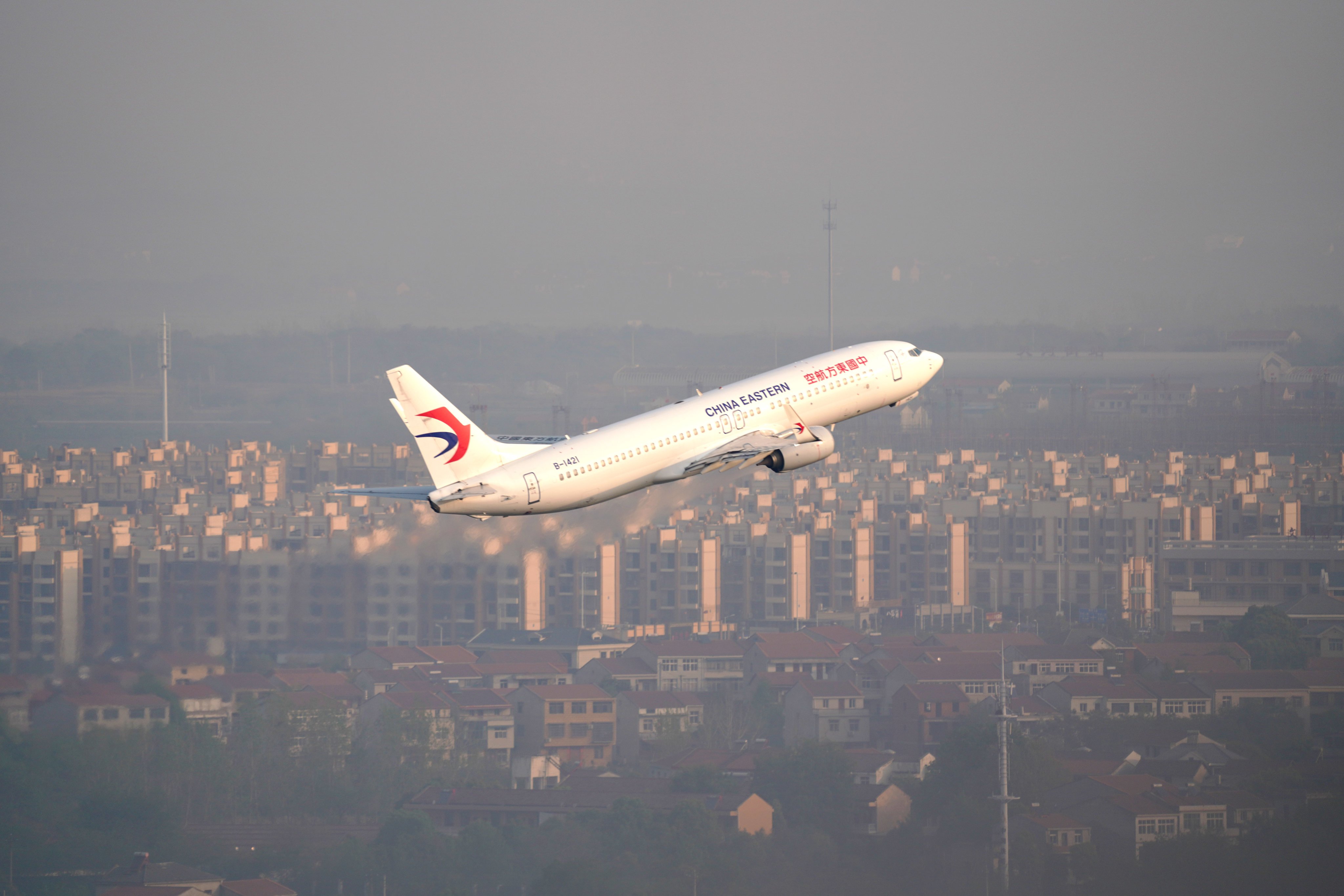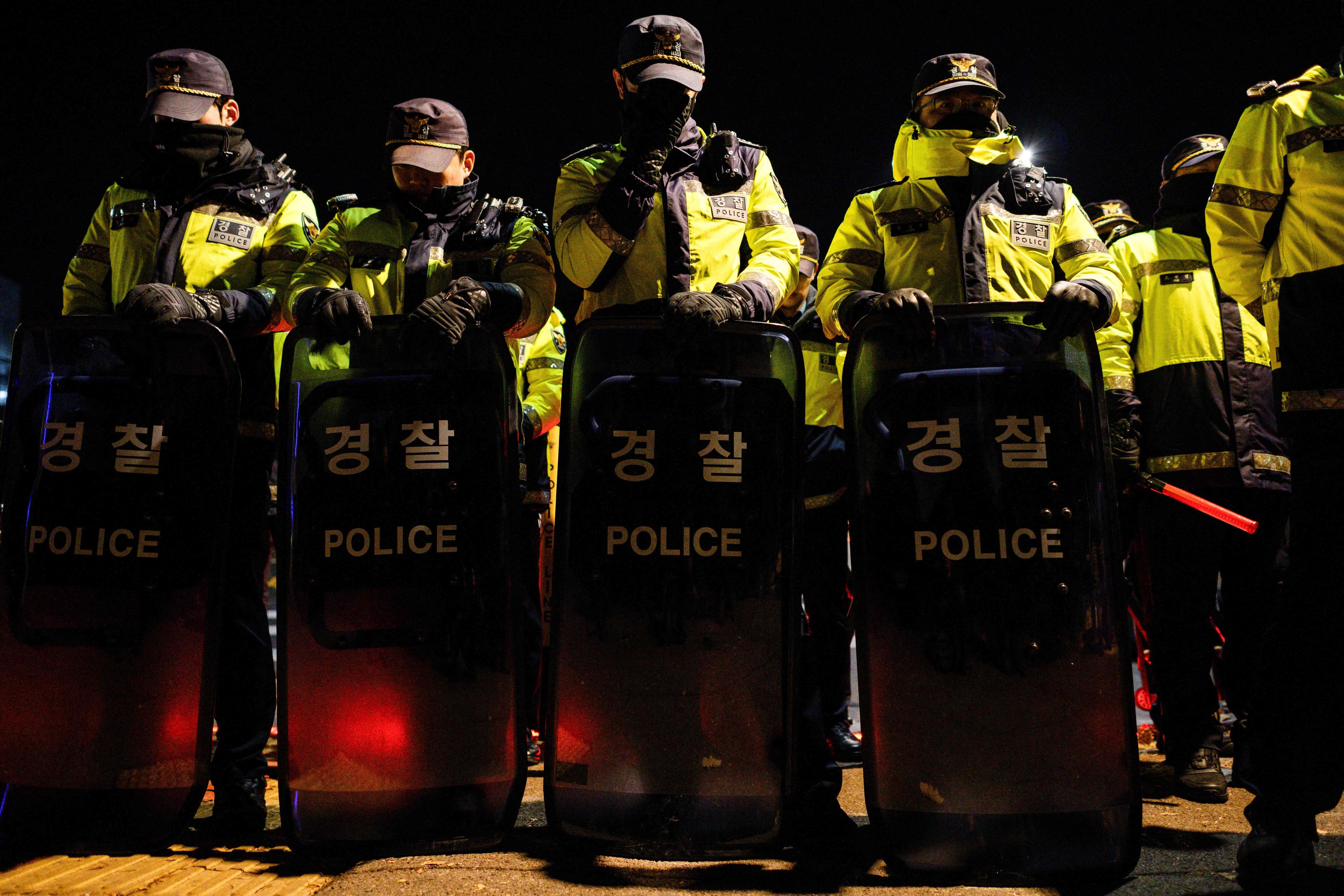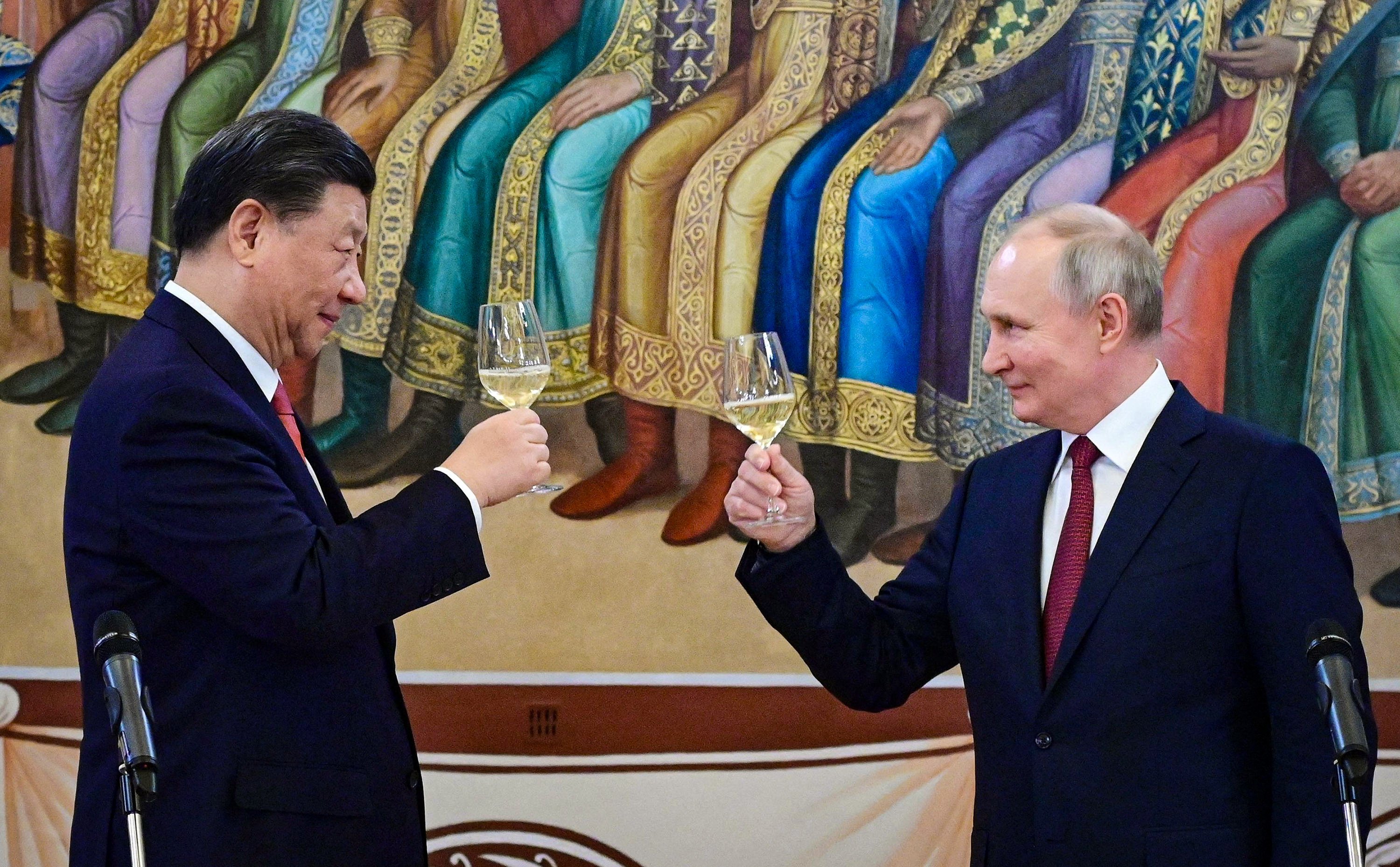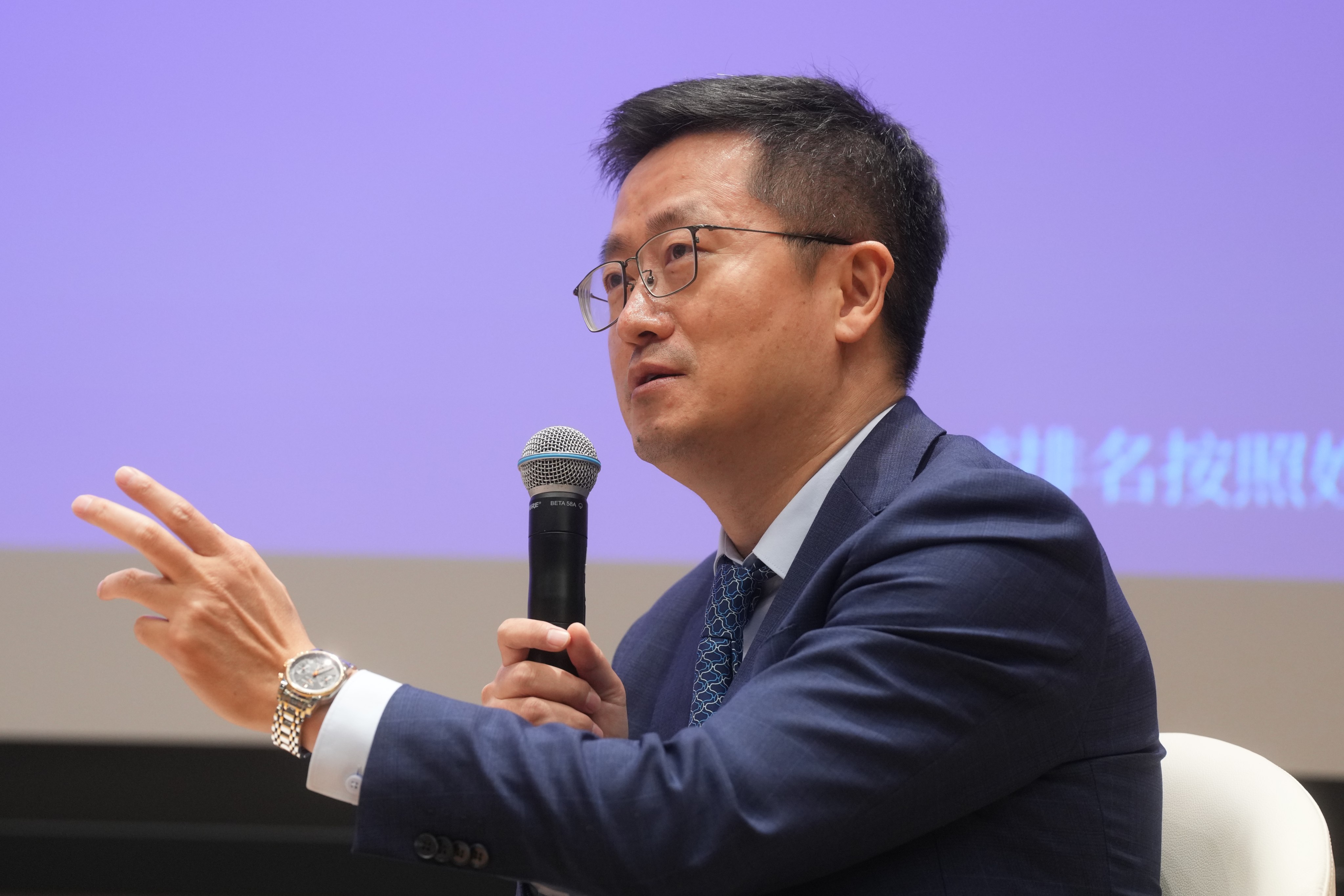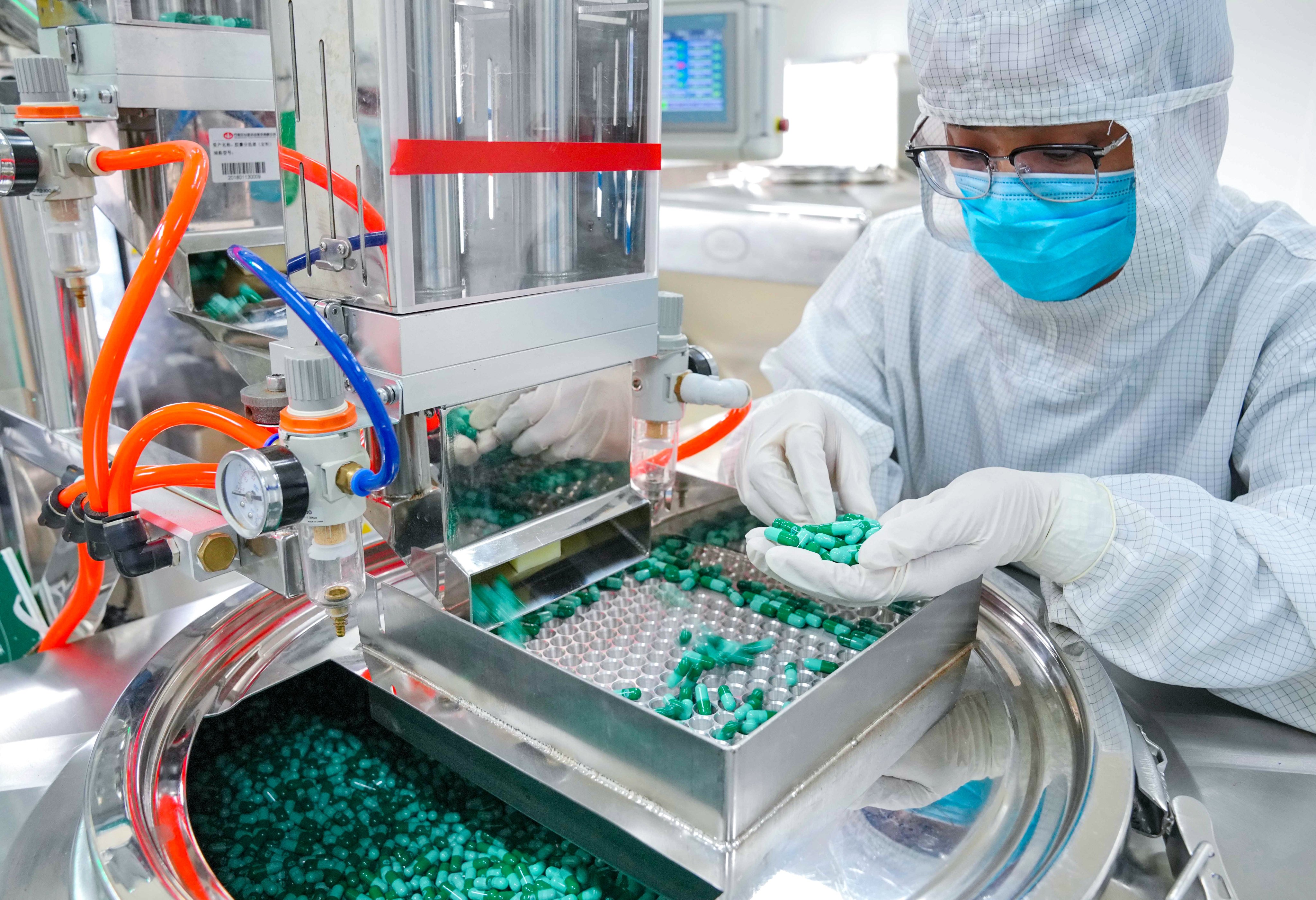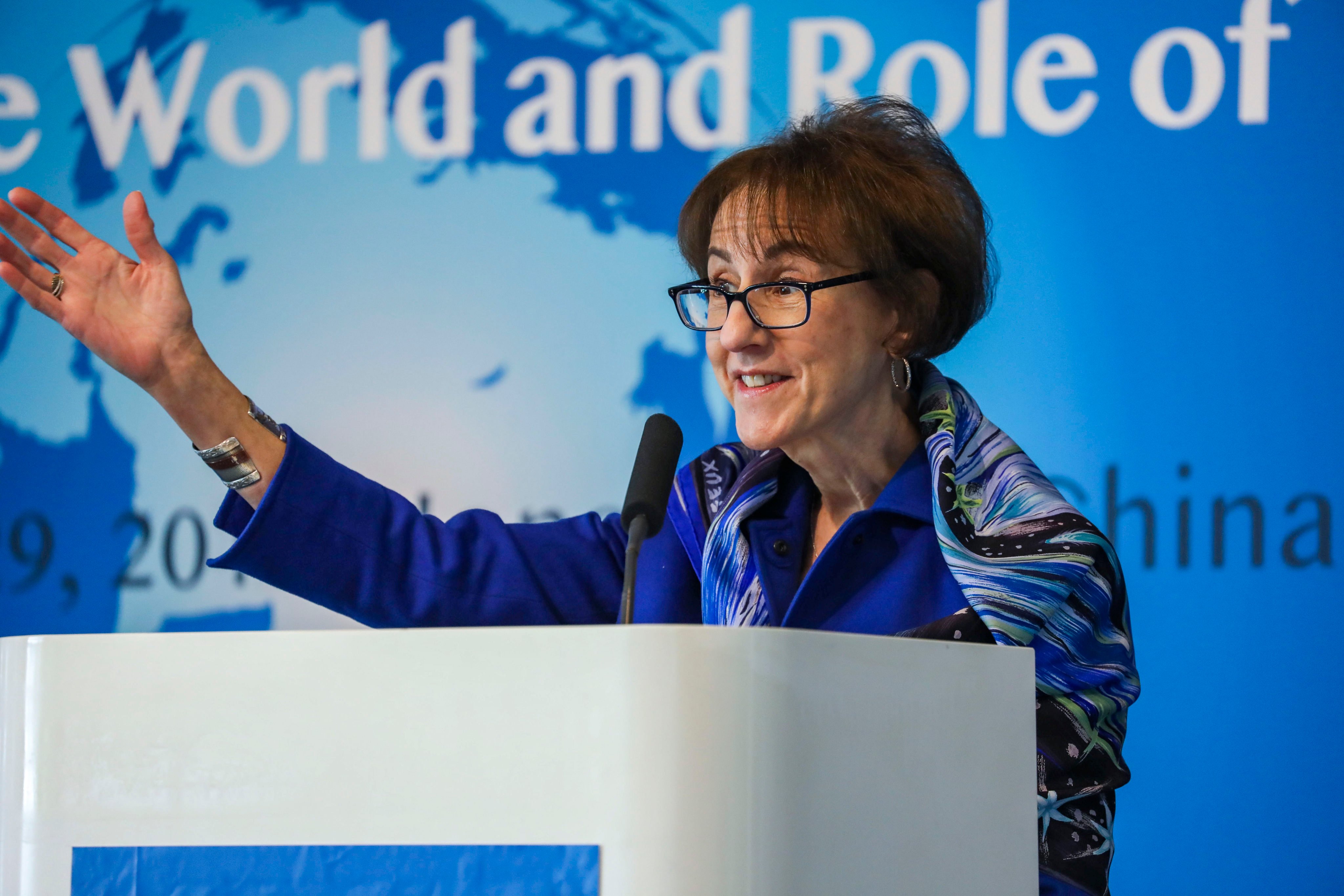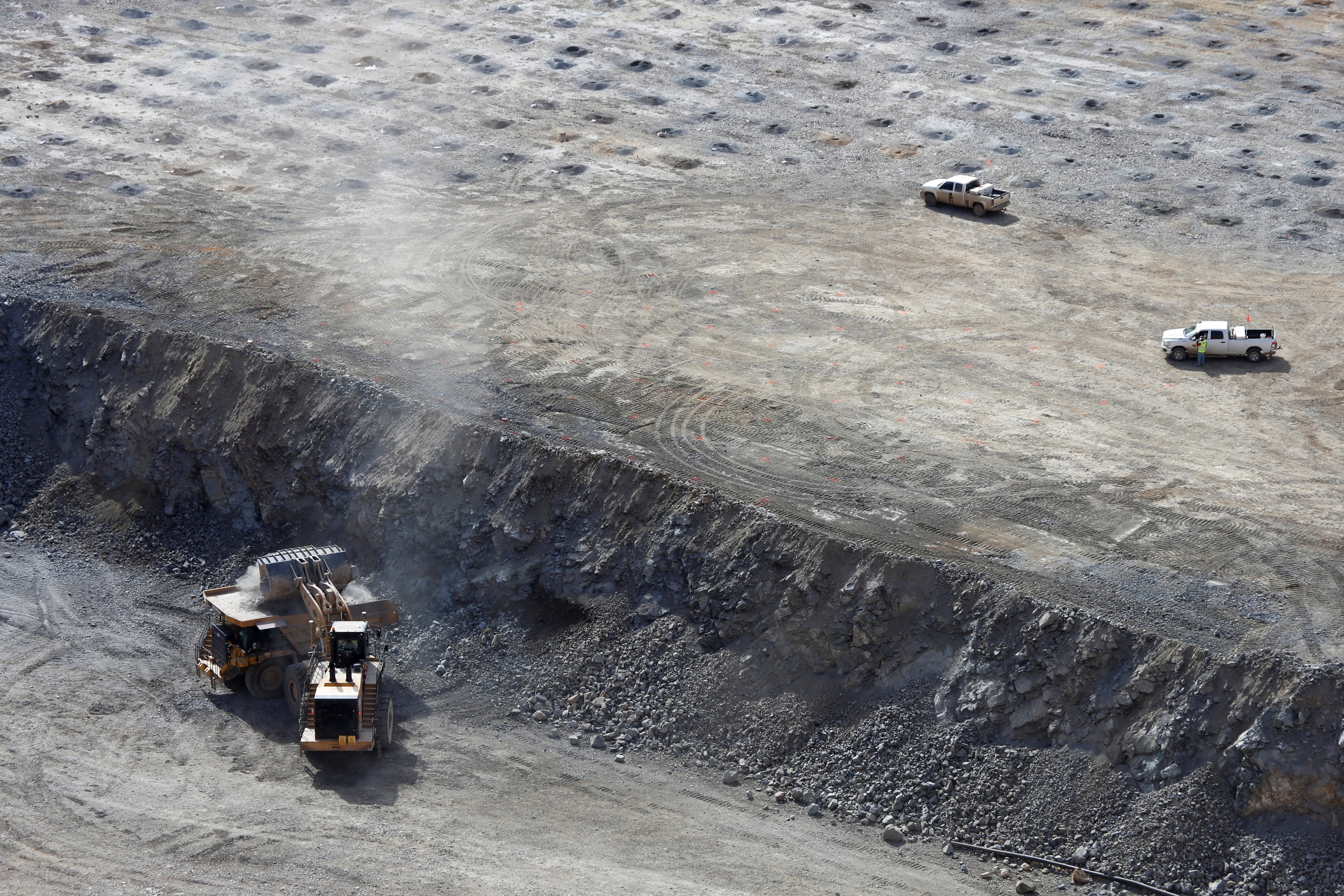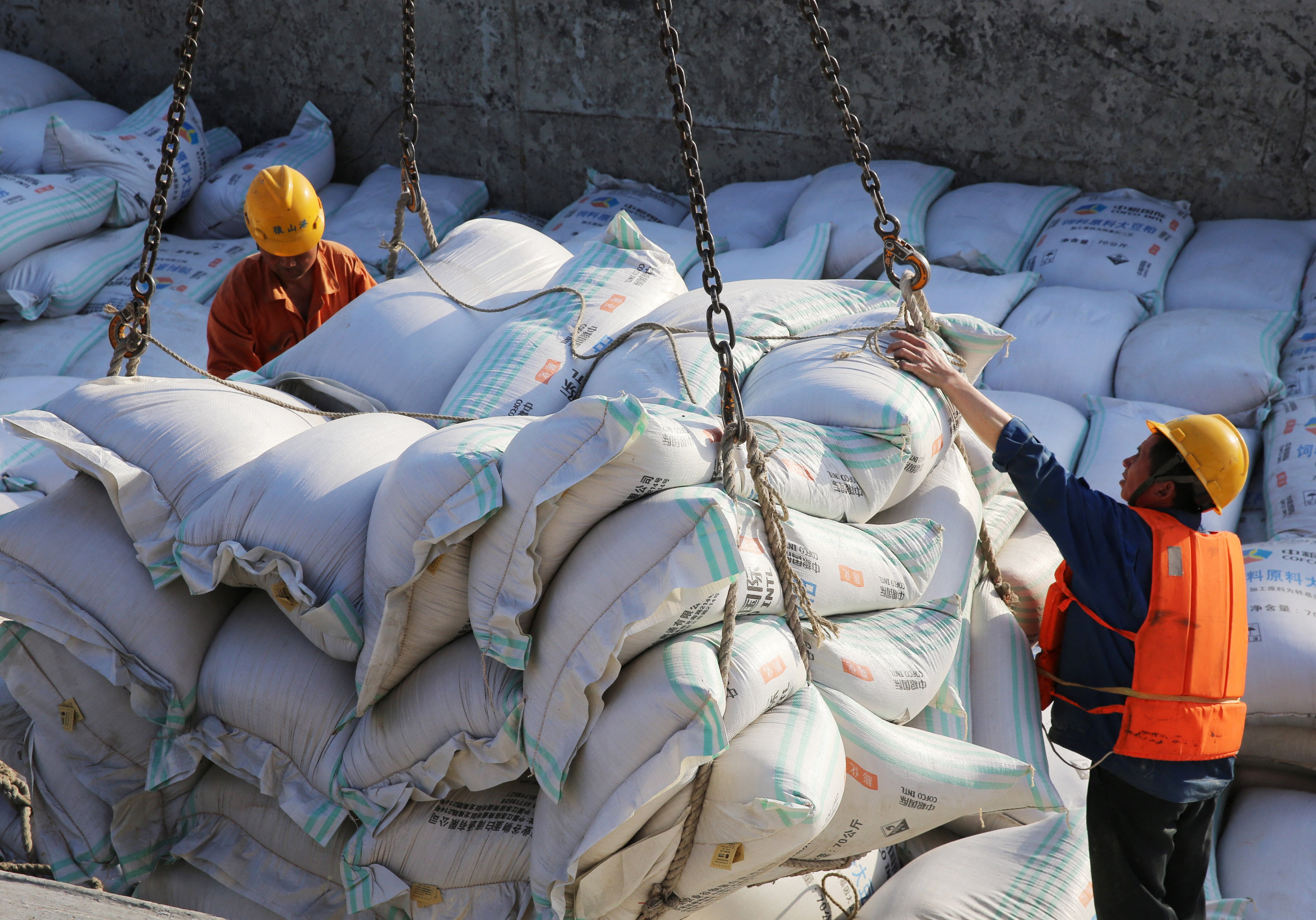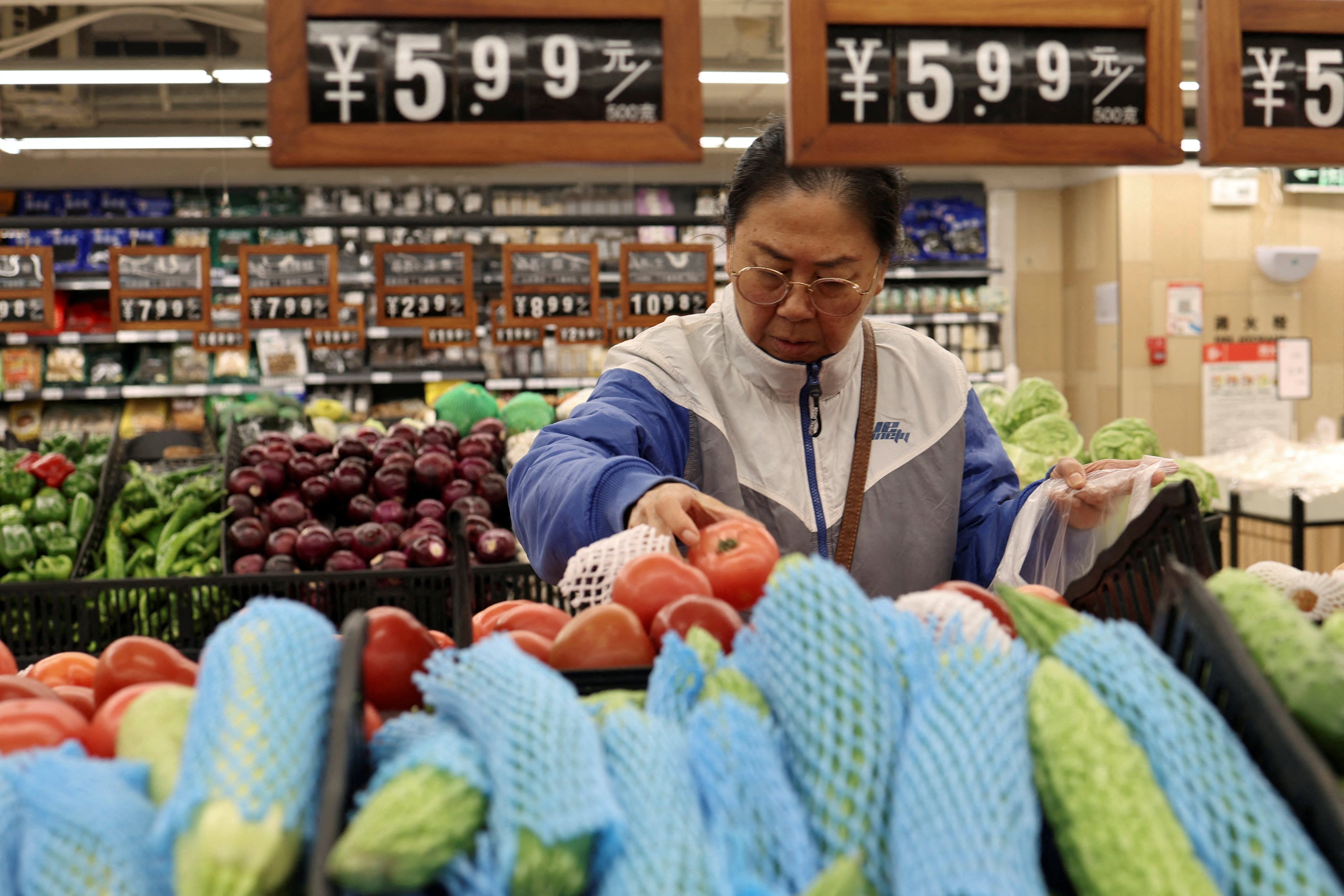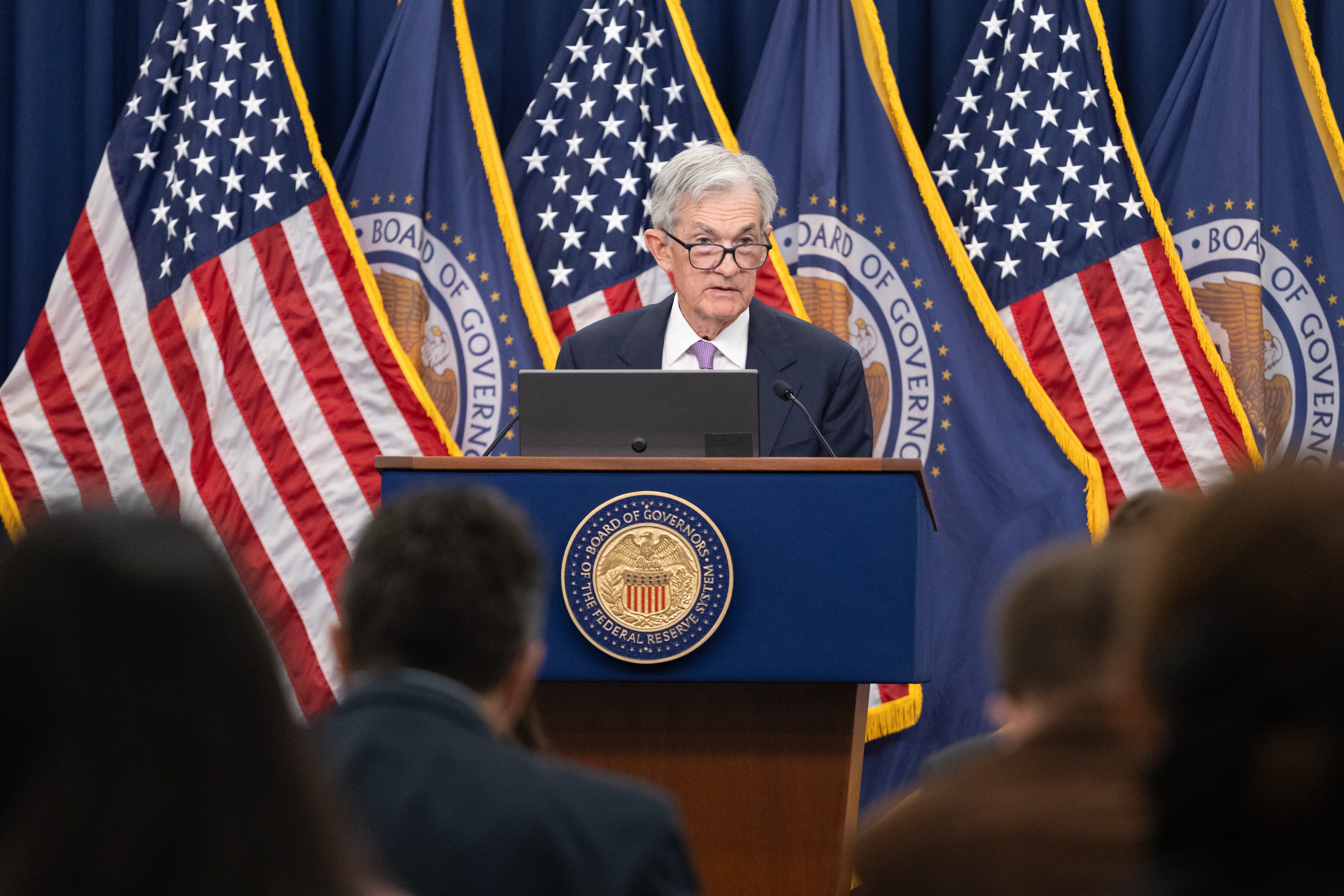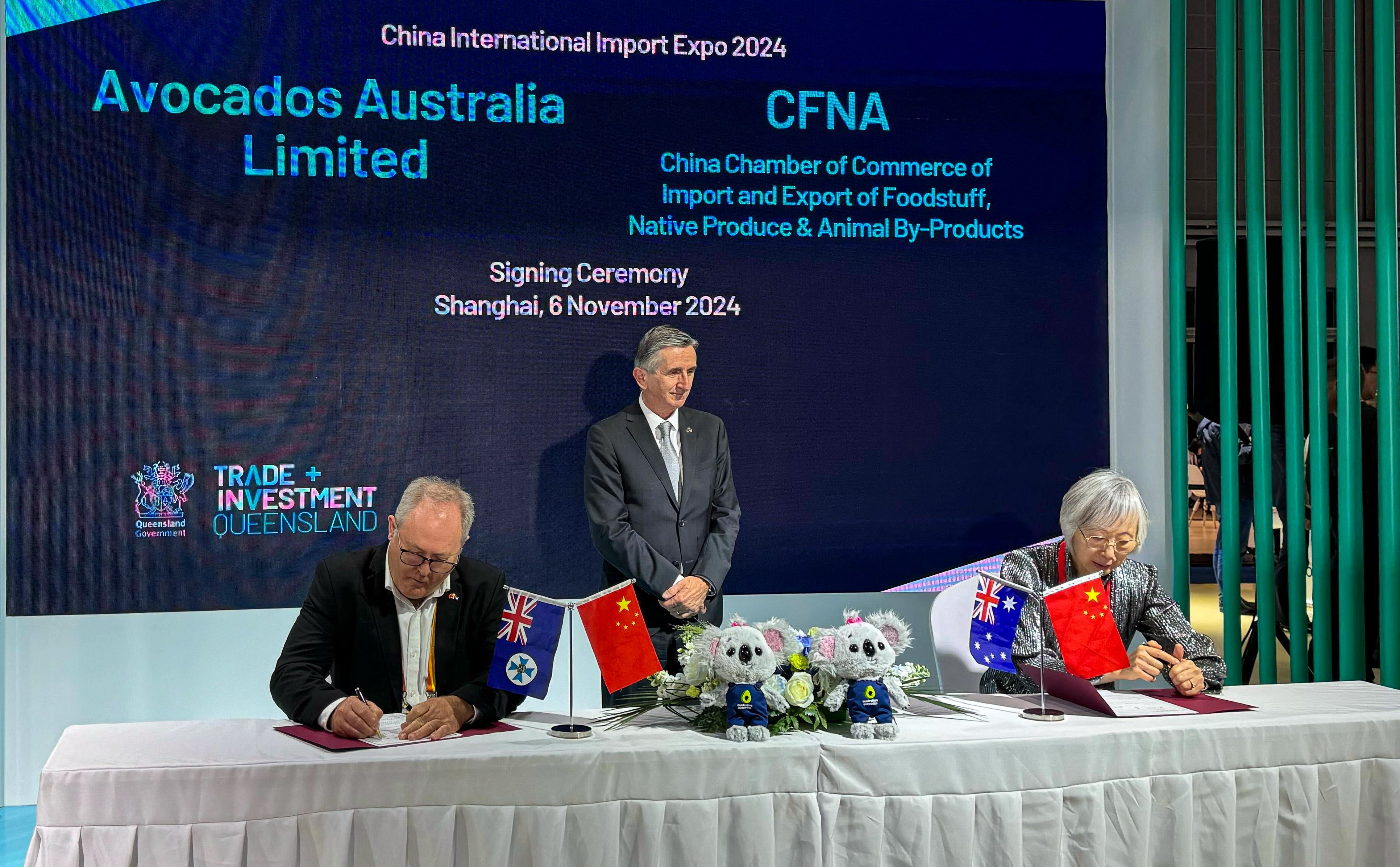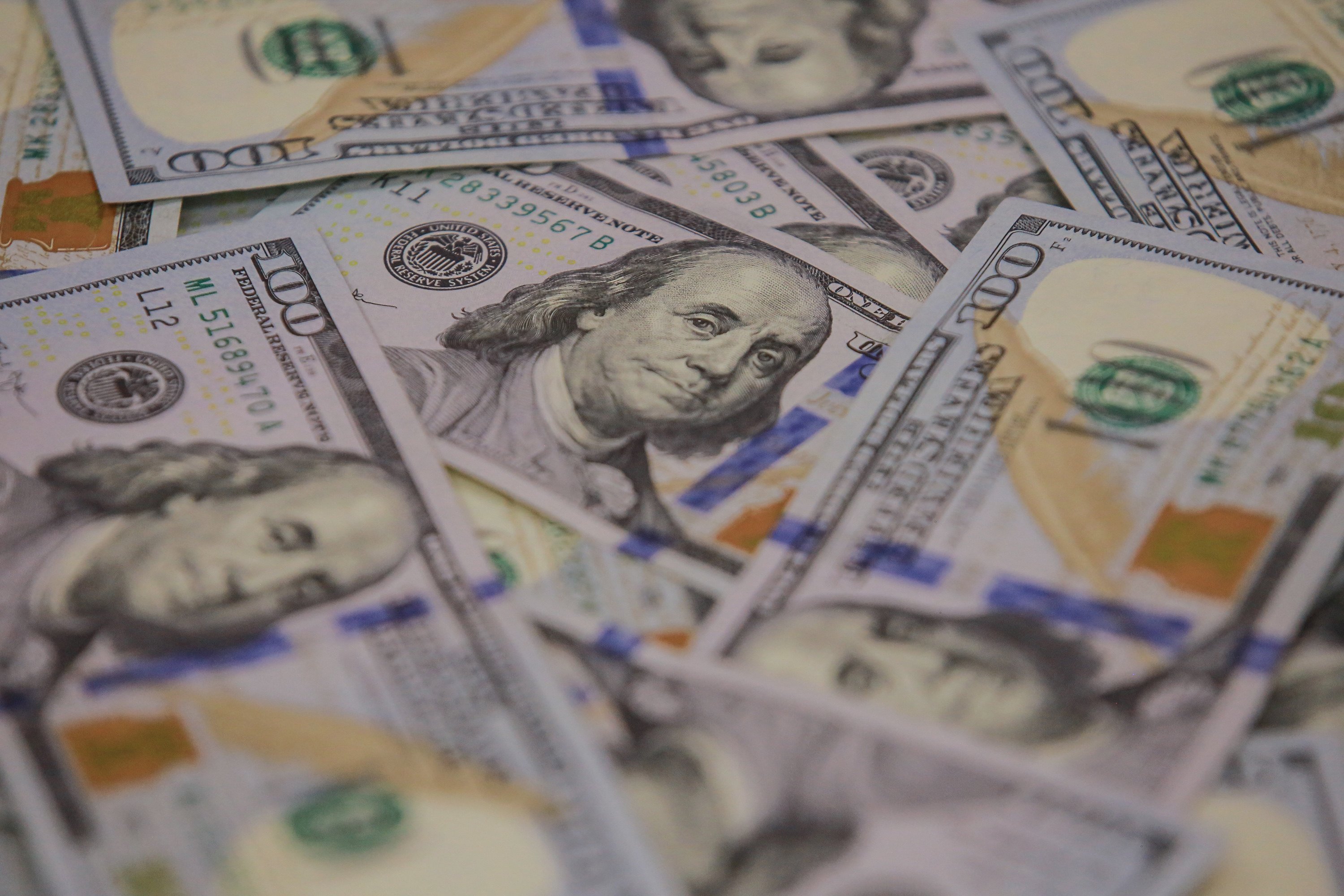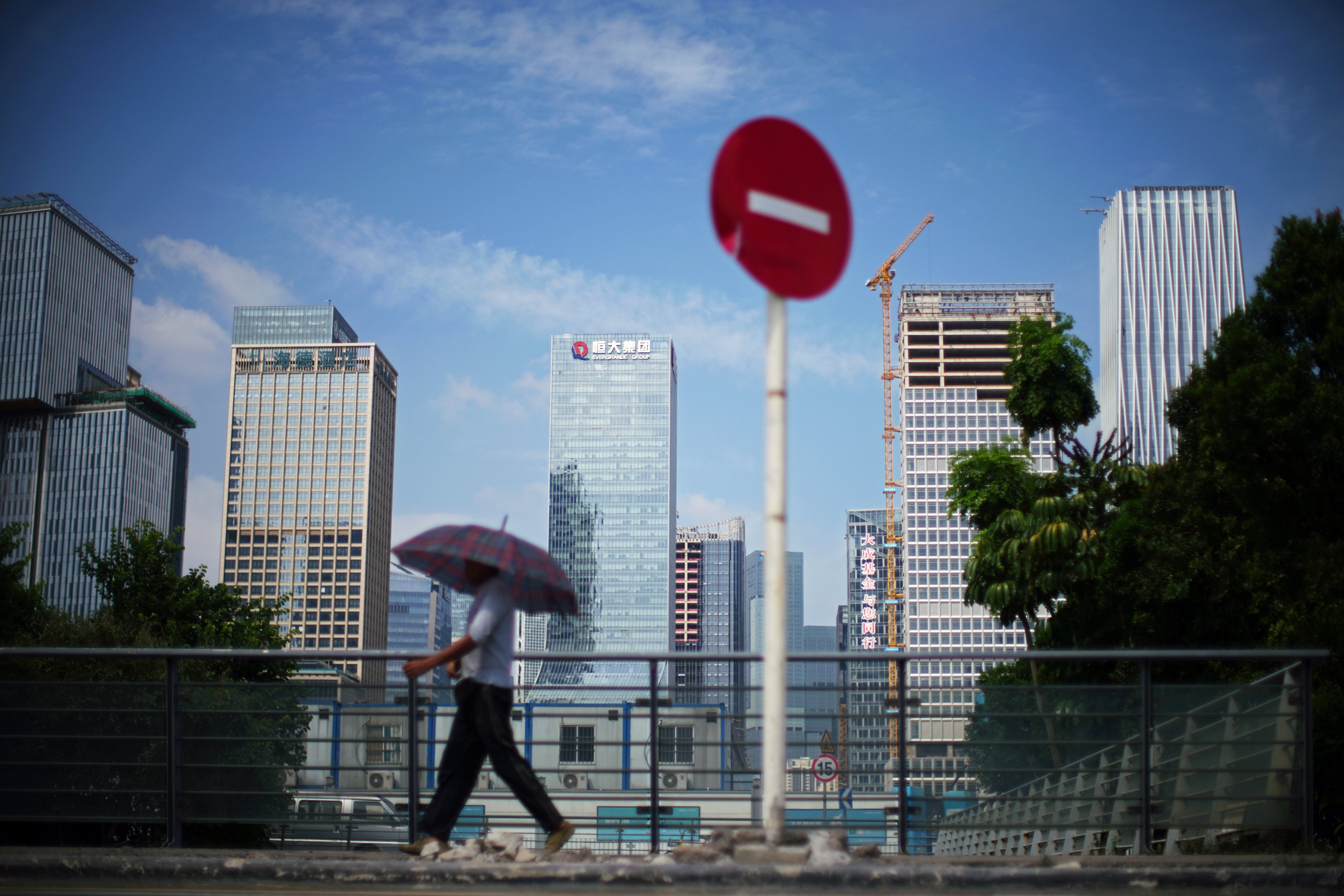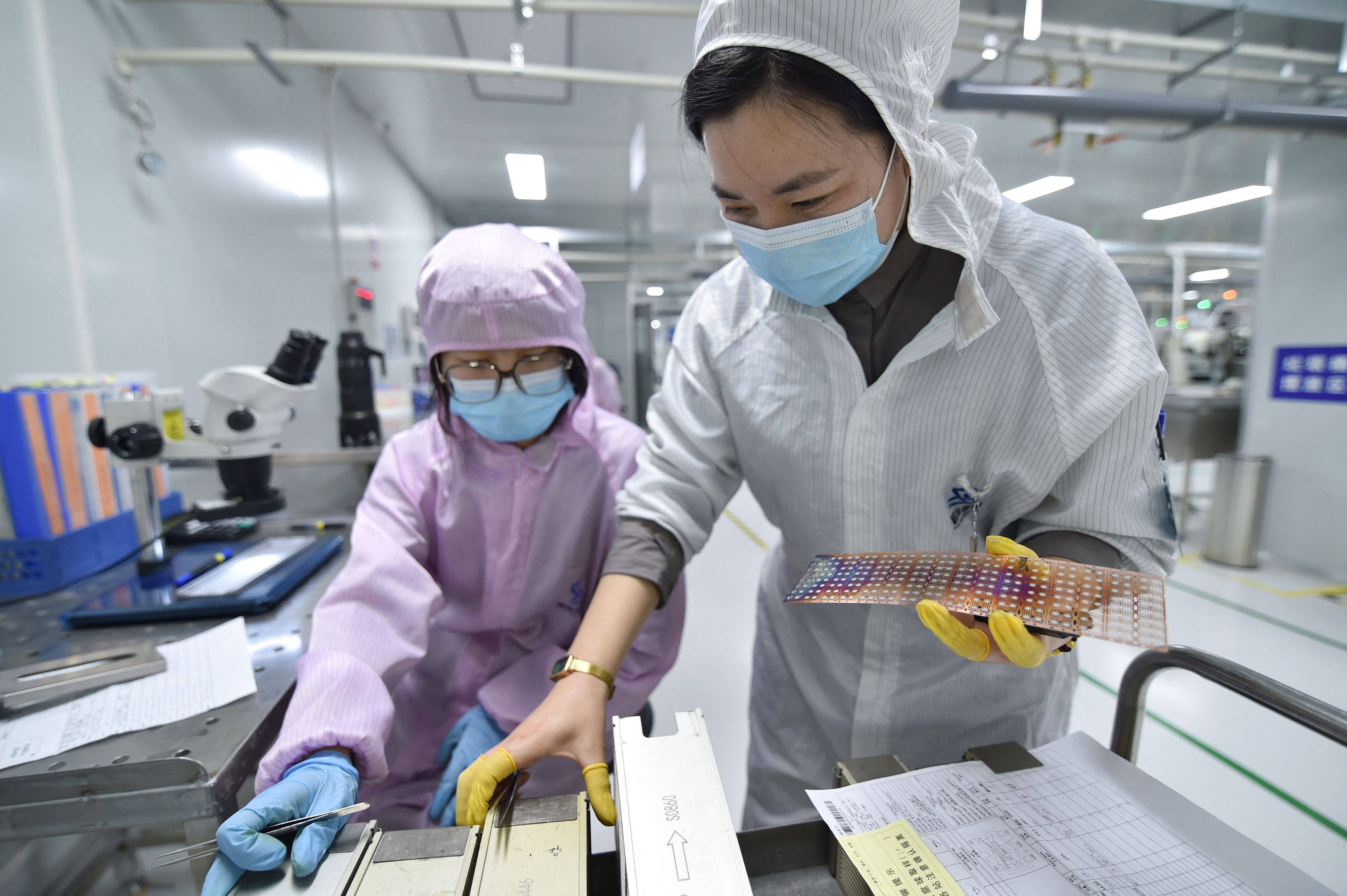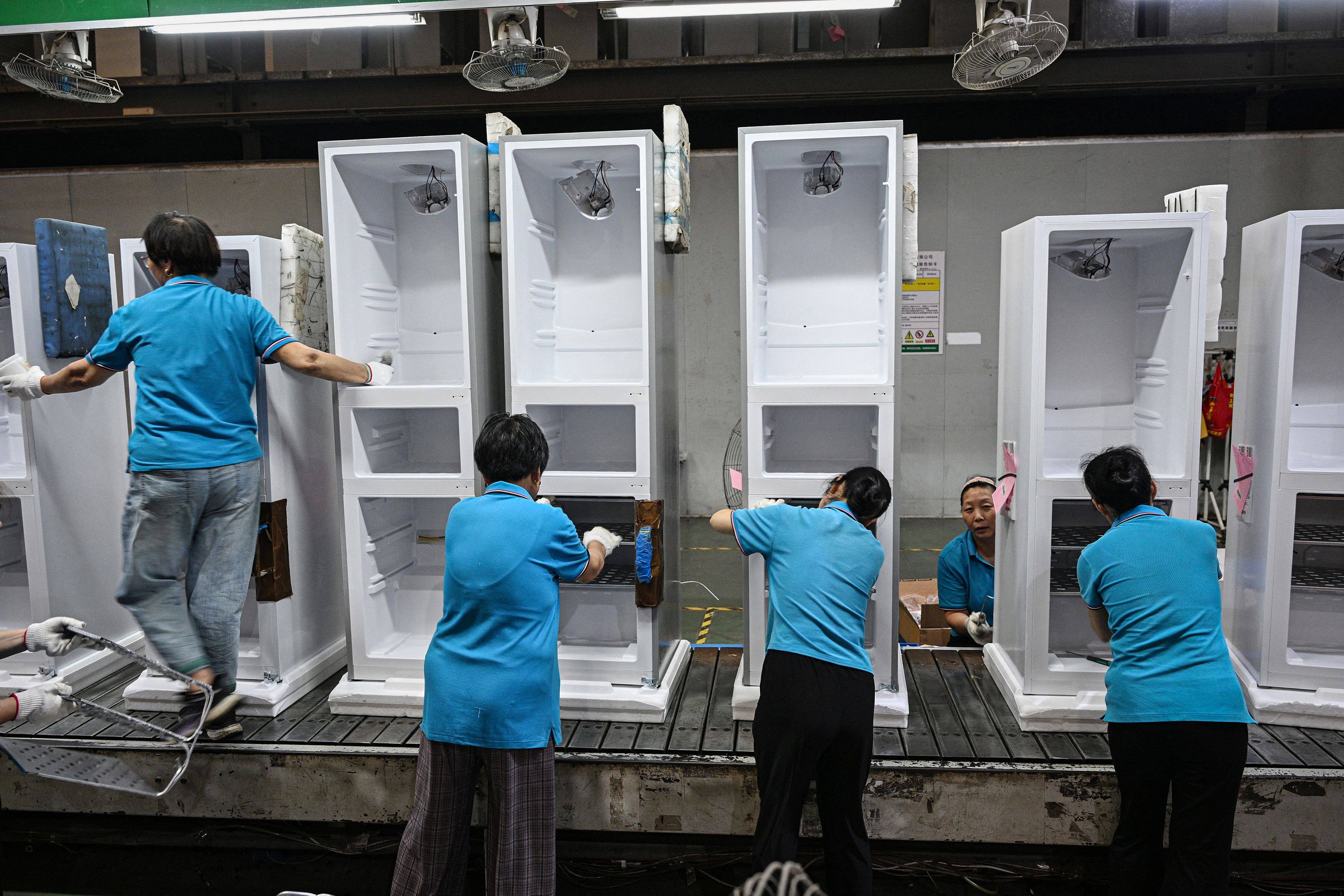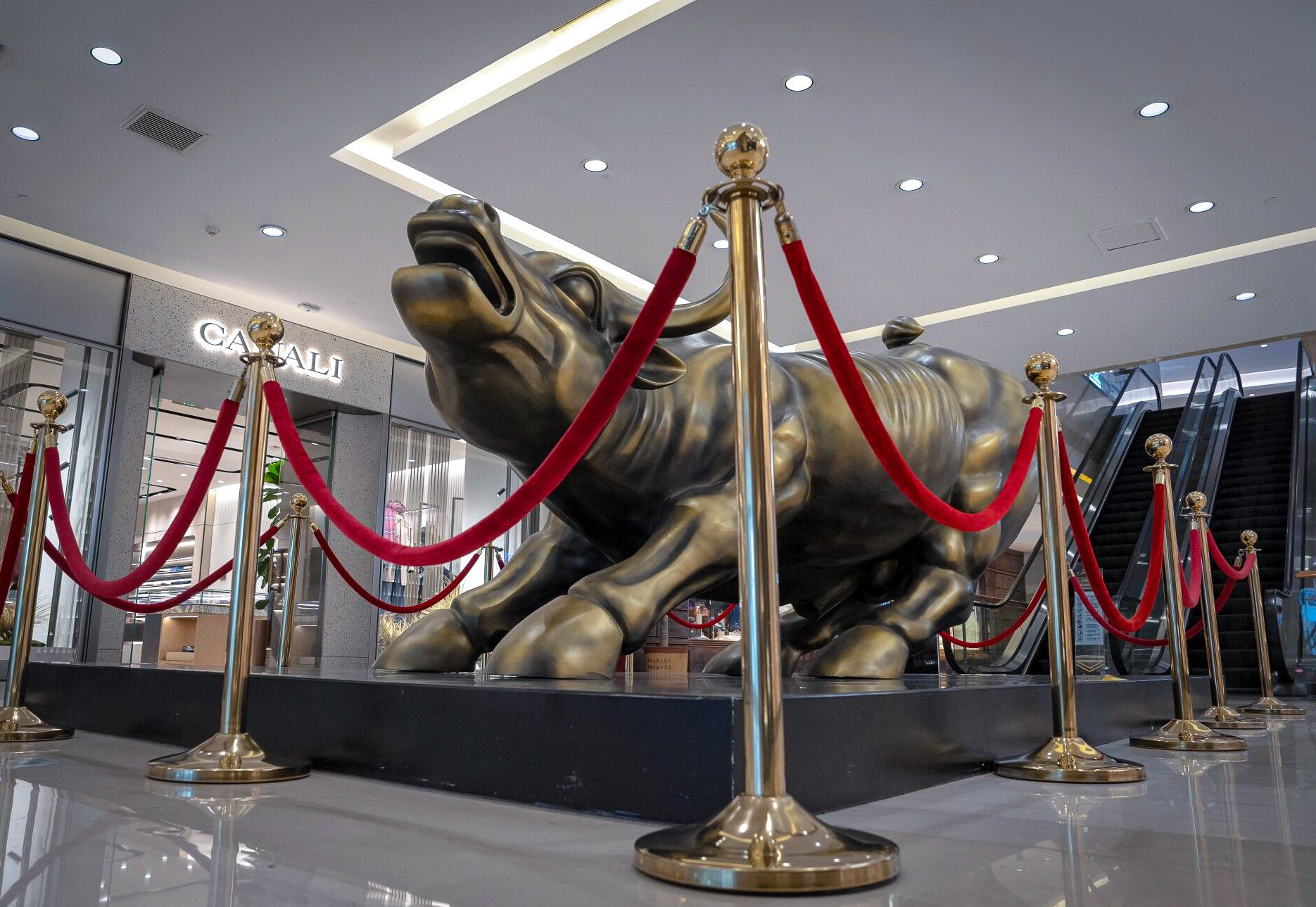Advertisement
Advertisement

Kandy Wong
Correspondent, Political Economy
Kandy Wong returned to the Post in 2022 as a correspondent for the Political Economy desk, having earlier worked as a reporter on the Business desk. She focuses on China's trade relationships with the United States, the European Union and Australia, as well as the Belt & Road Initiative and currency issues. She graduated from New York University with a master's degree in journalism in 2013. An award-winning journalist, she has worked in Hong Kong, China and New York for the Hong Kong Economic Journal and the Financial Times, E&E News, Forbes, The Economist Intelligence Unit, Nikkei Asia and Coconuts Media.
In a new book, a US trade specialist says American firms still hope for the undoing of some China tariffs to help their business.
The state-owned company has a target of delivering 30 planes this year, scaling back a more ambitious target announced last year.
The US can revoke a country’s trade advantages due to national security concerns.
Veteran diplomat and economist untangles twists and turns of a full China-US decoupling, says differences should be managed carefully.
Advertisement
Roberta Lipson, who has invested in China for more than 40 years, says pragmatic economic policies and constructive dialogue from both sides can ensure a more positive business environment.
Suzhou Middle School provoked backlash after announcing that 10 of its 13 new hires had graduated from elite universities in Beijing.
Greater Bay Area plan has added impetus to development of neighbouring island in Zhuhai.
Restrictive ‘data silos’ have impeded logistics and hindered commercialisation of data, but a new centrally managed company aims to tear down barriers.
Local competition and geopolitical tensions add to short-term pressures, but views of CEOs were more positive when pointing to China’s long-term outlook.
Tsinghua University academic says country is lagging behind the US and calls for more funding for hi-tech firms to boost innovation.
Ministry of Commerce officials were active on a number of fronts early this week.
Deeply ingrained institutional problems will be resolved, and better Belt and Road Initiative promotional efforts will be made under new State Council plan.
How China deals with simmering trade disputes, weak domestic consumption and advanced manufacturing hurdles ‘will shape its trajectory for years’.
The 523km line linking China, Kyrgyzstan and Uzbekistan could eventually be extended to the Middle East, South Asia and Europe.
Additional direct flights from St Petersburg to Beijing and Shanghai are set to be added next year, while flights to Hainan will also resume.
South Korea’s six hours of martial law caused some concern among Chinese tourists and tradespeople, but most effects should be short-term.
While trade between China and Russia may be affected in the short term, Beijing’s leveraging power in future negotiations is getting stronger, analysts say.
Zhang Ming of the Chinese Academy of Social Sciences calls excessive focus on security over development a ‘trap’ worth avoiding.
China has already approved nearly thrice the number of innovative drugs than in the 13th five-year plan, Shanghai forum hears.
A former US Trade Representative lamented the state of US-China relations and called for restraint at a forum in Hong Kong.
Harvesting and recycling rare earth minerals can be ramped up faster than new mines, new report says.
With a focus on American soybeans and Chinese coffee beans, project by US think tank and Chinese university focuses on enhancing agricultural trade.
Party mouthpiece doubles down on positive message and confidence in achieving China’s GDP growth goal for 2024.
US Federal Reserve lowered its benchmark rate less than a day before China is expected to release its latest economic stimulus plan.
Australia’s avocado trade association and China’s trade body signed an agreement at the China International Import Expo in Shanghai on Wednesday.
The Ministry of Finance says it will sell up to US$2 billion of notes in Riyadh next week.
Though it was once a reliable performer among Chinese regions, Guangdong province has reported a steady slowdown in GDP growth for 2024.
US businesses with a China footprint are preparing for more rough times as further restrictions on tech exports are set to take effect.
Consumption gets a jolt from ‘pockets of consumer confidence’, but broader gains across industries would require more fiscal support, analysts say.
Contentious posts by prominent players on the popular Weibo microblog platform call into question the nature of bearish vs bullish bets on China’s economy.

